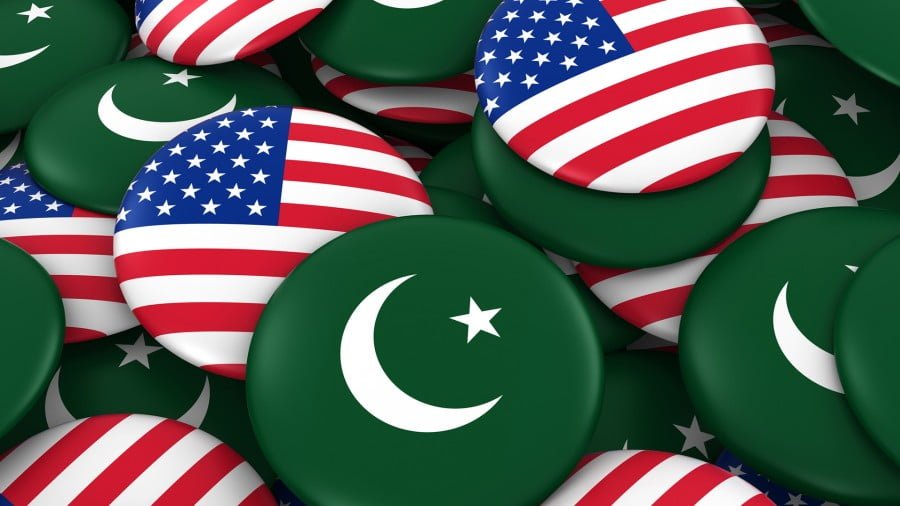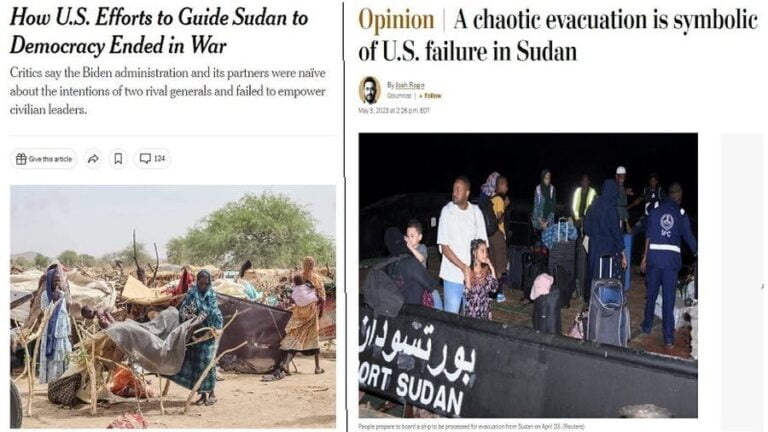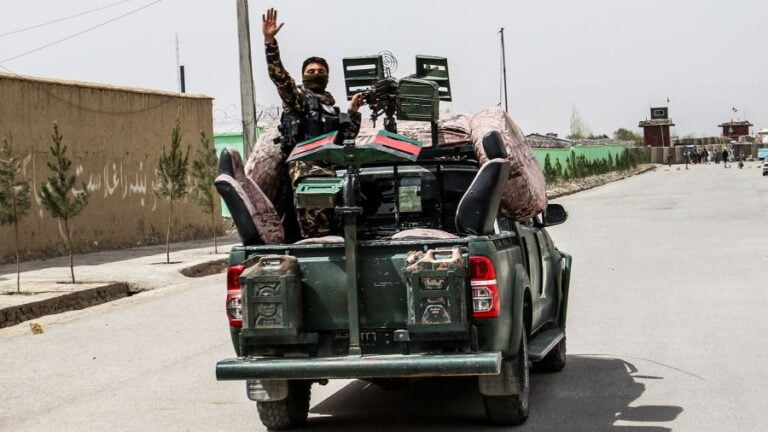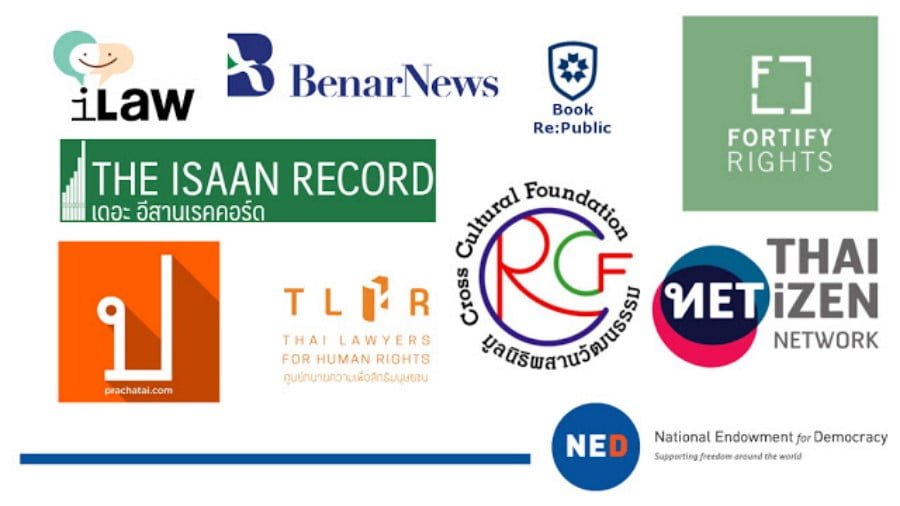How the US Gains Enemies and Alienates Friends
It was hardly earth-shattering news that the Pakistan Navy had withdrawn its two warships from the multi-national Combined Task Force (CTF 151) that has been operating in an anti-piracy role in the western Indian Ocean since 2009. CTF 151 is one of these little-known but important international associations that are not only successful in what they aim to achieve, but extremely effective in establishing and firming bonds between nations. For example, command of the Task Force rotates between nations (Pakistan Navy officers have commanded it five times) and over the years much trust has been forged between participating navies (which include those of Canada, Denmark, France, Japan, Republic of Korea, the Netherlands, Pakistan, Singapore, the UK and the US). One of the goodwill aspects of the grouping was that the US refuelled Pakistan’s ships at no cost.
No longer.
It has been reported that the value of the Pakistan rupee has sunk to an all-time low of 134 to the US dollar (it was 80, ten years ago) which is a most serious matter for the new government in Islamabad and for the entire nation, as the cost of oil keeps increasing and has to be paid in US dollars.
Unfortunately, “Pakistan’s oil import bill rose nearly 30.43 per cent year-on-year to $12.928 billion in July-May 2017-18 owing to an increase in global prices of crude oil and rising demand for petroleum products.” So Pakistan gets the double whammy of devaluation and a surge in the oil price.
So the United States ordered that the Pakistan naval vessels of Combined Task Force 151 will no longer be provided with US oil at no charge, but will have to pay for it.
Nobody can claim that this is a vast amount of money in terms of operating warships. It is probably about 2 million dollars a year. But that’s not the point. The point is that Washington has again taken the sort of nasty, malevolent, spiteful “See what I can do to you!” type of action that causes the United States to be so detested in so many regions round the world.
The background for the US action against Pakistan was Trump’s first tweet of 2018, when he told the world that “The United States has foolishly given Pakistan more than 33 billion dollars in aid over the last 15 years, and they have given us nothing but lies & deceit, thinking of our leaders as fools. They give safe haven to the terrorists we hunt in Afghanistan, with little help. No more!”
He ignores the facts that, as pointed out by Pakistan’s defence minister, “Pak as anti-terror ally has given free to US: land & air communication, military bases & intel cooperation that decimated Al-Qaeda over last 16 years, but they have given us nothing but invective & mistrust. They overlook cross-border safe havens of terrorists who murder Pakistanis.” It means nothing to Washington that since the US attack on Afghanistan and subsequent expansion of Islamic terrorist groups in the region, Pakistan has suffered 468 suicide bombing attacks, in which 7,230 of its citizens were killed. Before 2001 there was one such attack, in 1995 by a crazy Egyptian who drove a bomb-laden lorry into the Egyptian Embassy’s gates.
But the US went ahead and cut planned aid to Pakistan, which included meeting the charge for refuelling the ships of Combined Task Force 151, causing Pakistan to withdraw them. All that Trump’s Washington has achieved by its insults and punitive actions is alienation of Pakistanis who were supportive of the US, and creation of much more anti-US feeling in Pakistan. Maybe this is what was intended, but if so, it’s a very strange way of behaving.
The US Secretary of State, Mike Pompeo, visited China on October 8 to discuss North Korea and US-China relations. So before this extremely important diplomatic venture, on October 2, Vice President Mike Pence gave a speech to the Hudson Institute in which he criticized and condemned China and complained that Beijing “is meddling in America’s democracy,” on the grounds that it is using trade, its military, and diplomacy to increase its own influence around the world. This didn’t get the raucous laugh it merits, because the Hudson Institute doesn’t laugh at irony. But the Pence diatribe sent an unmistakable message to Beijing and set the scene for the Pompeo visit, which was understandably a disaster.
It isn’t surprising that the Pompeo meeting went flat and that China regards Donald Trump as a tweeting idiot.
But it went further than the President and Vice-President of the United States publicly and violently criticizing the Peoples Republic of China, and four days before Pompeo’s visit, CNN reported that “the US Navy’s Pacific Fleet has drawn up a classified proposal to carry out a global show of force as a warning to China and to demonstrate the US is prepared to deter and counter their military actions, according to several US defence officials.” In other words there was a deliberate leak to CNN of highly classified planning information. Nothing new in that, of course, because all US mainstream media are in the leaky pockets of the CIA, the Pentagon and various other agencies that vociferously condemn leaking unless they do it themselves, which they do with impunity. (The UK is exactly the same; some of the stuff that has recently been leaked by intelligence agencies would be worth a long jail sentence if a criminal case were brought.)
CNN said that “The plan suggests sailing ships and flying aircraft near China’s territorial waters in the South China Sea and Taiwan Strait in freedom of navigation operations to demonstrate the right of free passage in international waters. The proposal means US ships and aircraft would operate close to Chinese forces. The [leaking] officials emphasized that there is no intention to engage in combat with the Chinese.”
But has the Pentagon asked the Chinese what their reaction will be when it indulges in its intentionally provocative actions? This is a classic approach to war.
Here we have two countries, formerly friendly Pakistan and potentially friendly China, which the US, at the highest level, has deliberately and comprehensively insulted and antagonised. Can Washington really believe that either of them could in any fashion be supportive of the US or any aspect of US international policy in the foreseeable Trumpian future?
Washington insulted Pakistan in the most grievous and needlessly spiteful fashion, and was even more abusive about China. As it happens, these countries border each other and are closely linked, economically and militarily. They couldn’t be further apart, religiously or politically, but this doesn’t matter — and the US could learn from that, because you don’t have to be religious to reflect on the wisdom of the Sermon on the Mount in which Jesus wisely advised that human beings should “do unto others as you would have them do unto you.” (And similar advice is given in the Holy Koran and the Analects of Confucius.)
By insulting their leaders and scattering threats like explosive confetti, the US Administration influences foreign nations to reconsider their attitude to cooperation. They wonder if there is there any point in trying to engage with Trump Washington. At the moment almost everything that Trump is doing is gaining enemies and alienating friends, and the Pentagon’s policies of withdrawal of financial assistance to allies and deliberate military provocation of China, Russia, Iran and Venexuela ensure that tensions around the world just keep on growing.
It’s all supposed to be part of “Make America Great Again”, but Washington and the American people are going to discover that insults and confrontation will lead to exactly the opposite result.







